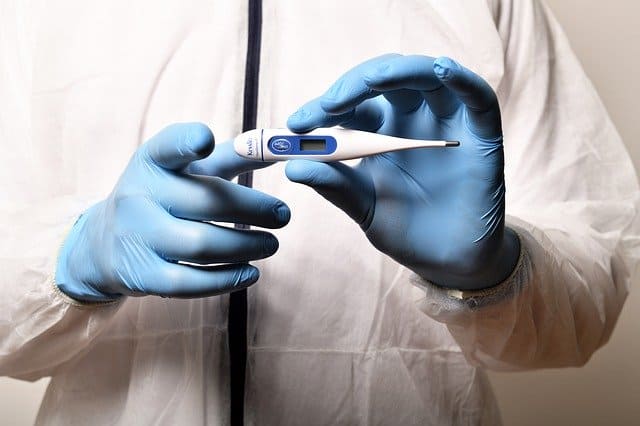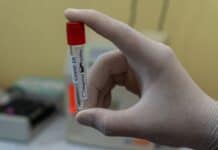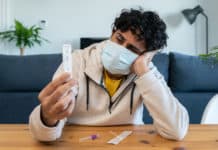
Many meeting planners are wondering what their coronavirus risk factor is when they get on a plane. We have some answers.
What is your coronavirus risk factor when you travel?
Coronavirus, now called COVID-19, results in respiratory symptoms, fever, cough, shortness of breath and breathing difficulties and can, in more severe cases, cause pneumonia, severe acute respiratory syndrome and kidney failure. According to the Centers for Disease Control and Prevention, the virus is thought to spread mainly from person to person, “between people who are in close contact with one another (within about 6 feet), and via respiratory droplets produced when an infected person coughs or sneezes and land in the mouths or noses of people who are nearby or possibly be inhaled into the lungs.”
“Miniscule” risk in the U.S.
Dr. Anthony Fauci, director of the National Institute of Allergy and Infectious Diseases, told USA TODAY that the risk of catching the virus in the U.S. remains “miniscule.” His advice was for people to skip the masks and just wash their hands; the only people who need masks are those who are already infected to keep from exposing others. “Whenever you have the threat of a transmissible infection, there are varying degrees from understandable to outlandish extrapolations of fear,” Fauci added.
Risk while flying is low
David Powell, medical advisor at the International Air Transport Association, told CNBC that the risk of catching any serious viral infection during a flight is “very low,” since the air on planes is purified with surgical-grade filters. The main risk, he said, is from the hands. “That means anyone worried about exposure should avoid touching their own face and frequently wash and dry their hands—or use alcohol-based hand sanitizer if they aren’t able to access hand-washing facilities.”
What about Chinese products?
Coronavirus is predominantly spread from humans to humans. “Inanimate things” that are placed in a container in China and sent to the U.S. don’t carry any risk of transmitting the virus.
You Might Also Be Interested In










